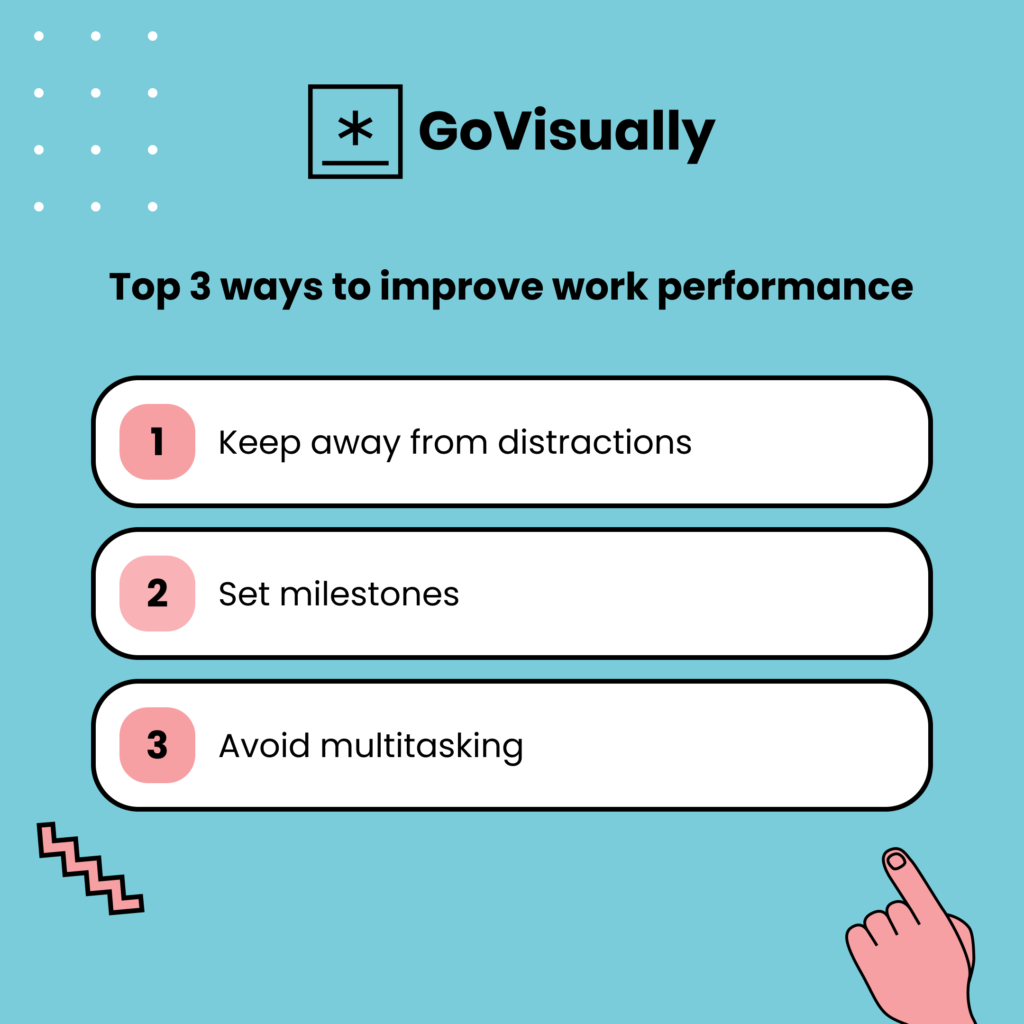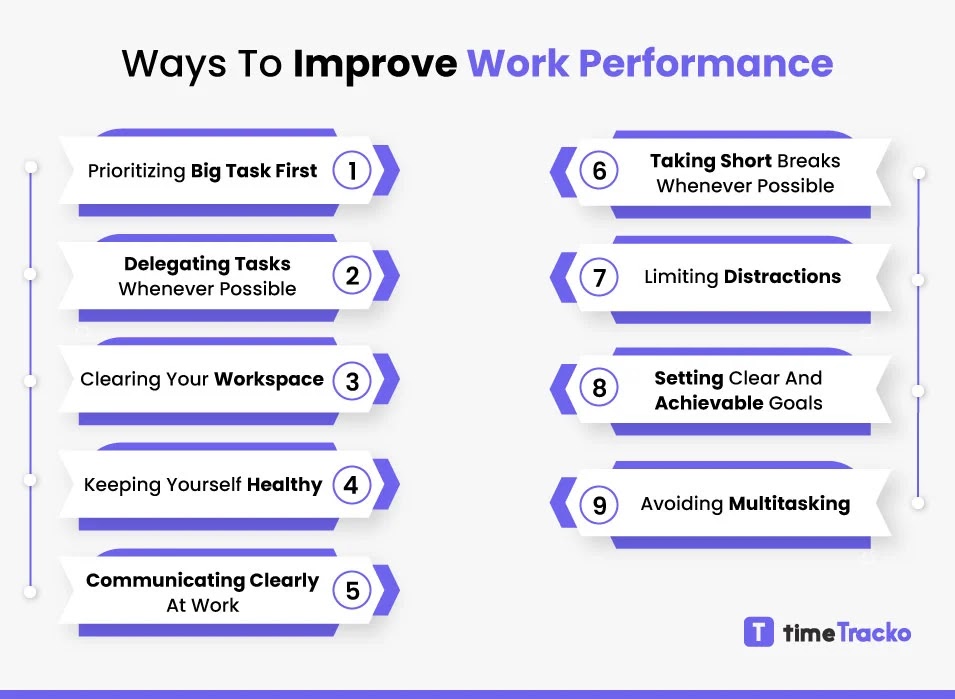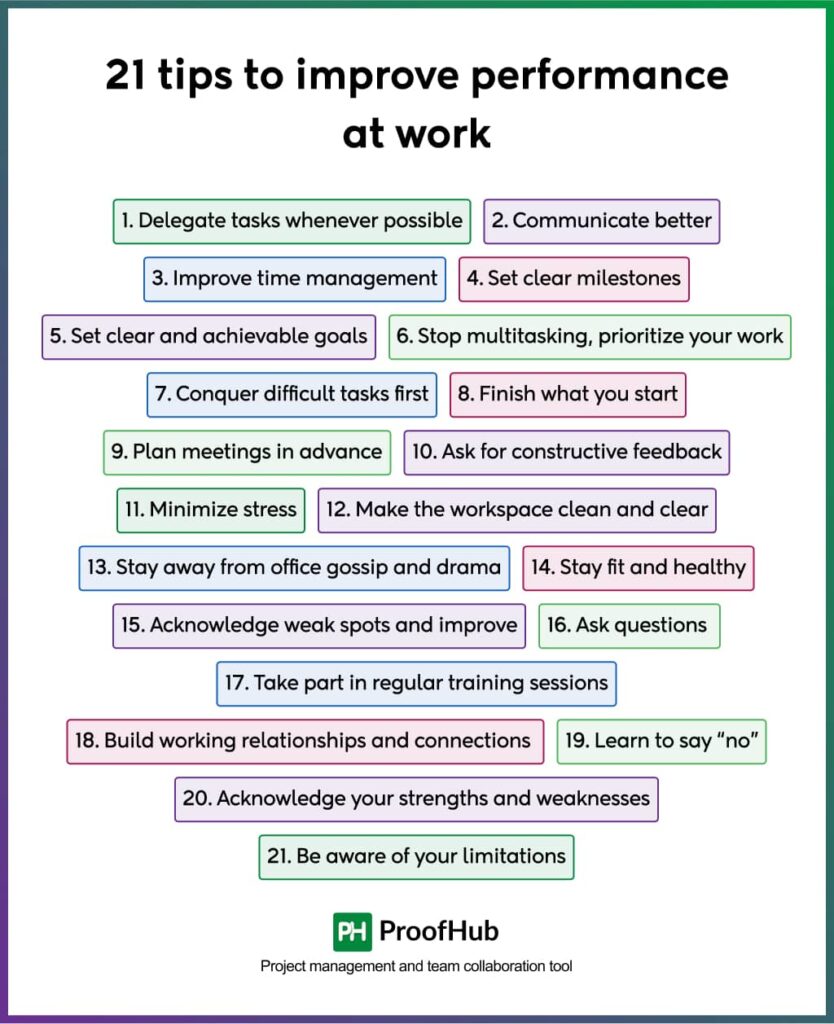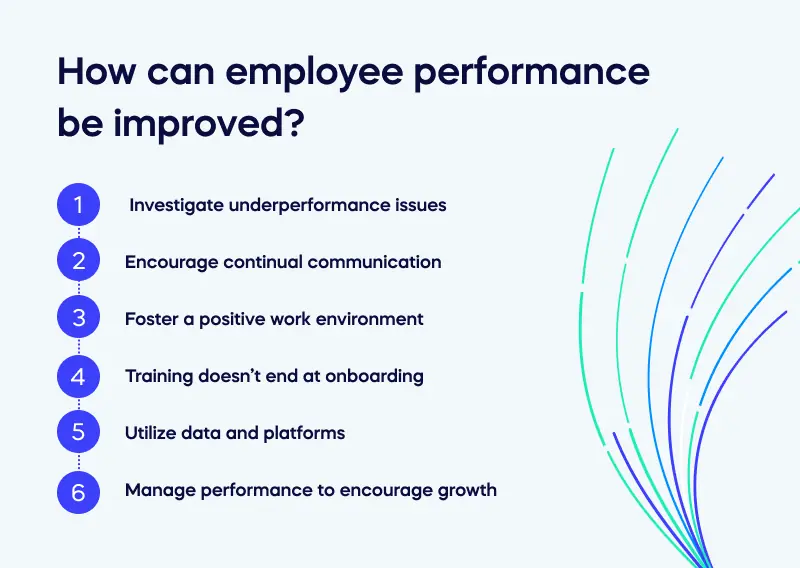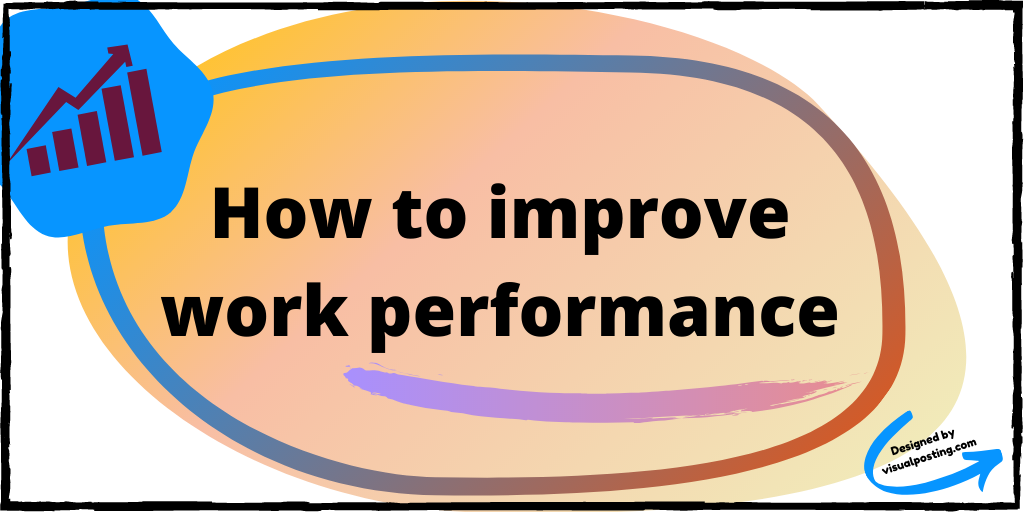How To Improve On Work Performance

In today’s hyper-competitive professional landscape, merely meeting expectations is rarely enough. Individuals and organizations alike are constantly seeking ways to elevate performance, boost productivity, and unlock their full potential. But in an era saturated with self-help gurus and fleeting productivity hacks, separating genuine, evidence-based strategies from empty promises is crucial for sustainable improvement.
This article delves into actionable, research-backed methods for enhancing work performance. We'll explore practical techniques, drawing from fields like organizational psychology and behavioral economics, to provide a comprehensive guide for individuals and teams seeking to thrive in their respective roles. We'll focus on proven strategies, including goal setting, skill development, feedback mechanisms, and the creation of a supportive work environment.
Goal Setting and Prioritization
Effective goal setting is the bedrock of improved performance. Setting SMART goals (Specific, Measurable, Achievable, Relevant, and Time-bound) provides clarity and direction, enabling individuals to focus their efforts strategically. Dr. Edwin Locke's goal-setting theory emphasizes the importance of challenging yet attainable goals in driving motivation and performance.
Prioritization is equally critical. The Eisenhower Matrix, categorizing tasks based on urgency and importance, can help individuals distinguish between high-impact activities and time-wasting distractions. Focusing on tasks that are both important and urgent ensures that energy is directed towards the most critical objectives.
Skill Development and Continuous Learning
Investing in skill development is essential for staying competitive and adaptable in a rapidly evolving job market. Identifying skill gaps and actively seeking opportunities for learning and growth, whether through formal training programs or self-directed study, is paramount.
According to a report by the World Economic Forum, skills such as critical thinking, problem-solving, and emotional intelligence are increasingly in demand. Cultivating these skills not only enhances individual performance but also contributes to organizational success.
The Power of Feedback and Recognition
Constructive feedback is a powerful tool for performance improvement. Regular feedback, both positive and corrective, provides individuals with valuable insights into their strengths and weaknesses. 360-degree feedback, which incorporates input from peers, supervisors, and subordinates, offers a more comprehensive assessment of performance.
Recognition and appreciation are also vital. Acknowledging and rewarding good work can boost morale, increase motivation, and foster a positive work environment. Simple gestures, such as verbal praise or a handwritten note, can go a long way in reinforcing desired behaviors.
Cultivating a Supportive Work Environment
A supportive work environment plays a crucial role in fostering optimal performance. Factors such as clear communication, collaboration, and psychological safety contribute to a positive and productive atmosphere. Organizations must promote open communication channels and encourage employees to voice their opinions and concerns.
Harvard Business School research highlights the importance of psychological safety, where individuals feel comfortable taking risks and expressing themselves without fear of judgment or reprisal. Creating a culture of trust and mutual respect empowers employees to perform at their best.
Time Management Techniques
Effective time management is crucial for maximizing productivity. Techniques like the Pomodoro Technique, which involves working in focused bursts with short breaks, can help individuals maintain concentration and avoid burnout. Minimizing distractions, such as social media notifications and unnecessary meetings, is also essential.
Tools like to-do lists and calendar reminders can help individuals stay organized and on track. Experimenting with different time management strategies to find what works best for individual preferences and work styles is key.
Technology and Automation
Leveraging technology and automation can significantly improve work performance. Identifying tasks that can be automated, such as data entry or report generation, can free up time for more strategic and creative work. Utilizing project management software and collaboration tools can streamline workflows and improve communication within teams.
However, it is important to use technology judiciously. Over-reliance on technology can lead to distractions and decreased productivity. Striking a balance between leveraging technology and maintaining focus on core tasks is crucial.
Looking Ahead: The Future of Work Performance
The future of work performance will be shaped by trends such as remote work, artificial intelligence, and the increasing importance of soft skills. Adaptability, resilience, and a commitment to lifelong learning will be essential for thriving in this evolving landscape. By focusing on continuous improvement, fostering a supportive work environment, and embracing new technologies, individuals and organizations can unlock their full potential and achieve sustainable success.
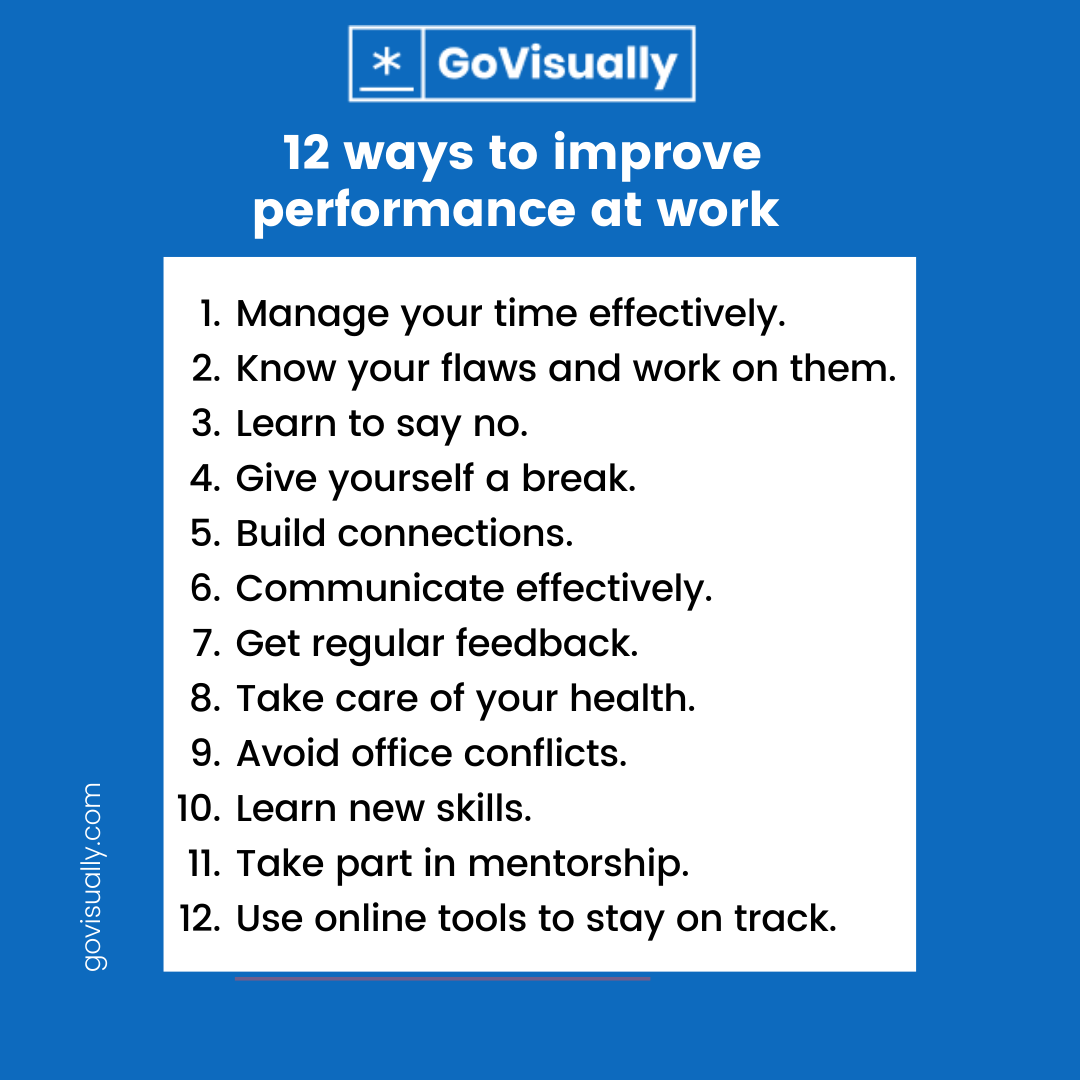

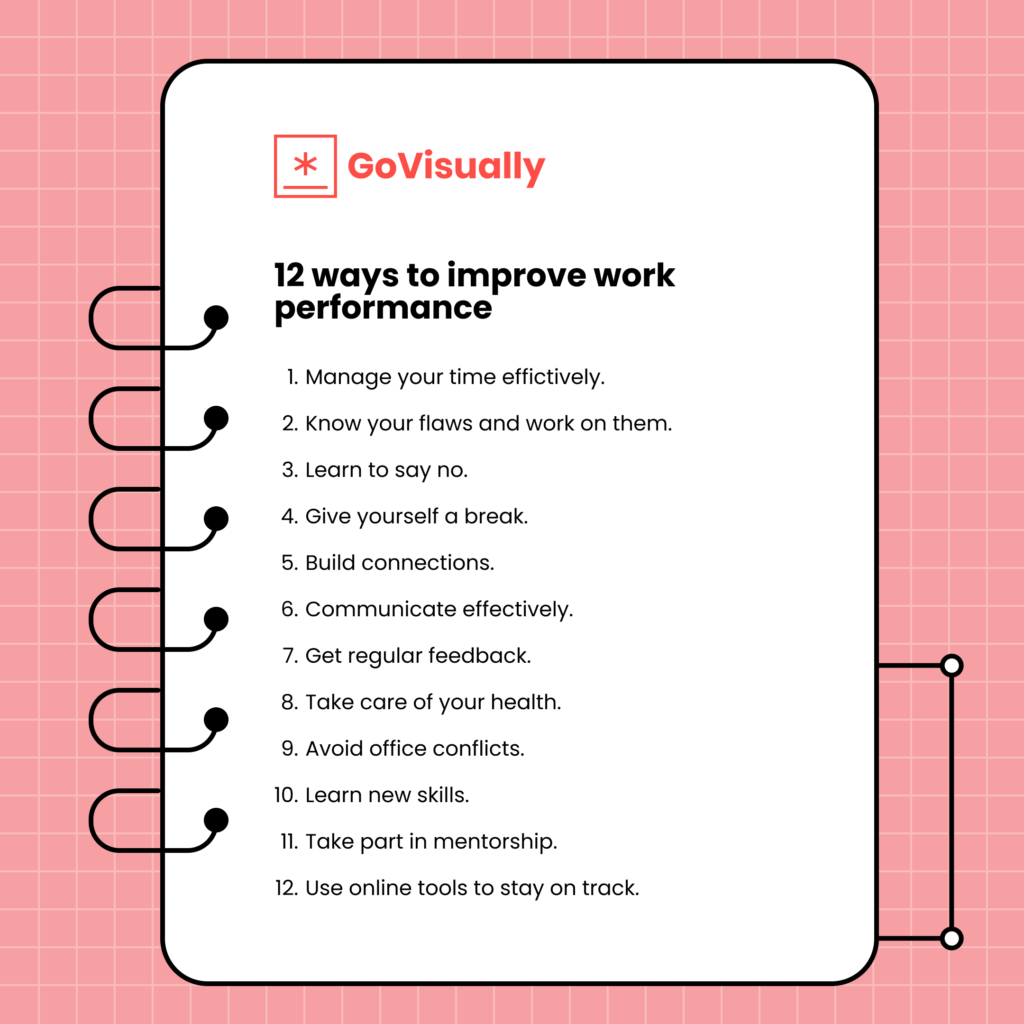


![How To Improve On Work Performance 7 Strategies to Improve Employee Performance [That Actually Work]](https://blog.gyde.ai/content/images/size/w2000/2023/07/7-Strategies-to-Improve-Employee-Performance1.jpg)


